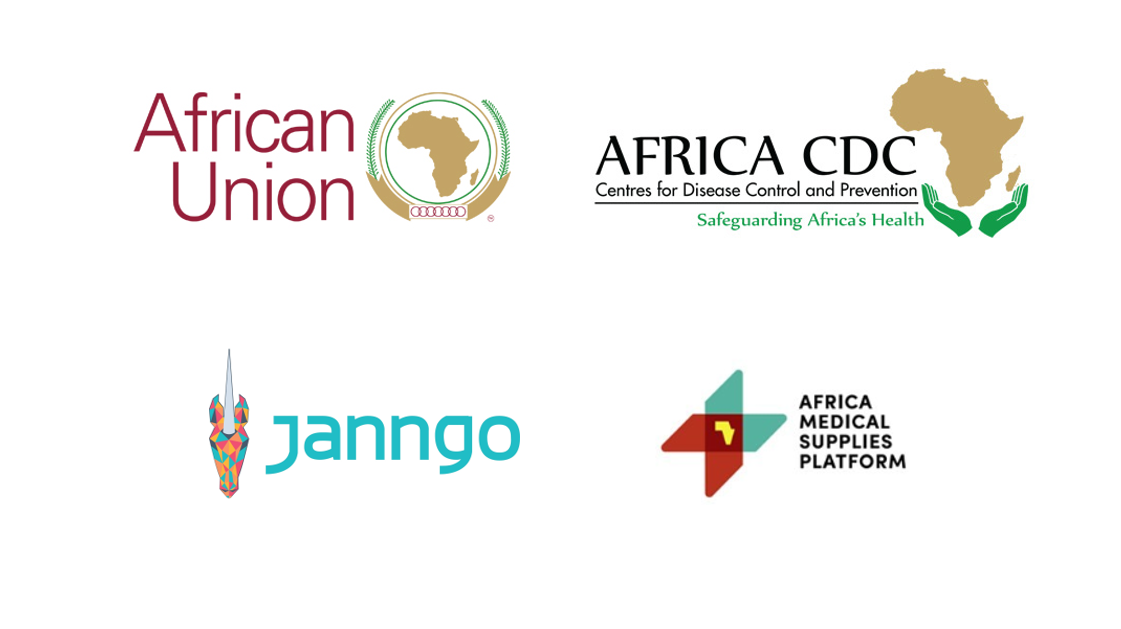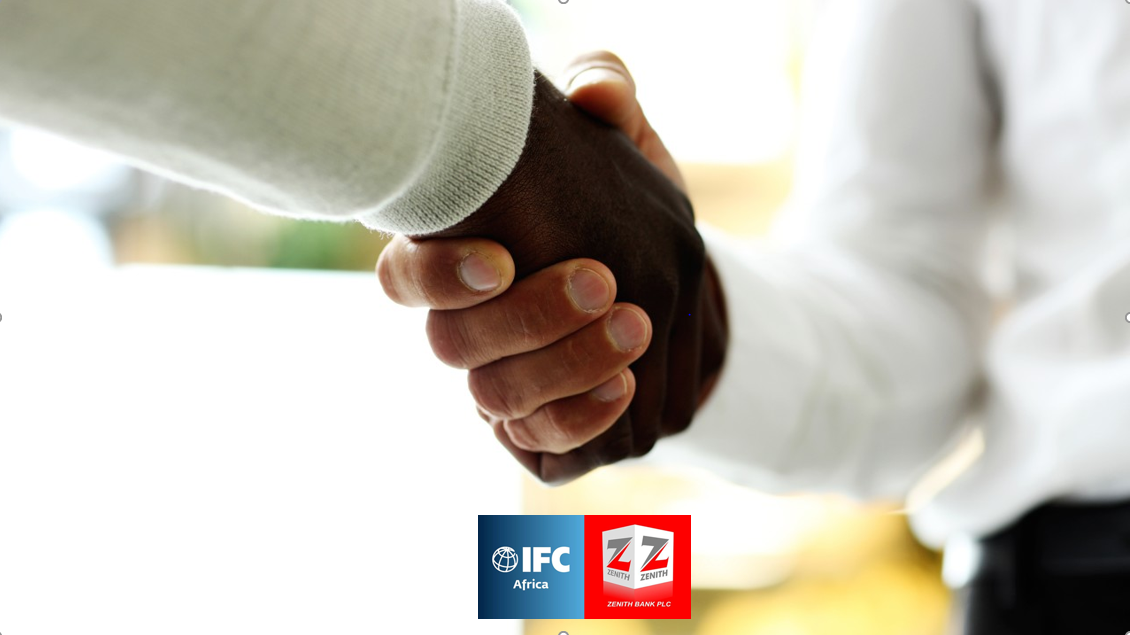Through the Mastercard Foundation Scholars Program, Equity Group Foundation and the Mastercard Foundation have partnered to support over 14,600 students in the Wings to Fly and Elimu scholarship programs to access education at home during the current COVID-19 lockdown. A commitment of USD 1.93M supports learning during the COVID-19 lockdown.
The Wings to Fly scholarship program, an initiative of the Equity Group and Mastercard Foundation (MCF), was established to support secondary education for top-performing children from financially challenged backgrounds. With support from other partners, the program offers access to leadership training to previously marginalized children in all counties.
Secondary school Scholars have been provided with a solar-powered device to ensure continued access to their lessons currently being aired on Government-owned radio and TV stations. Additionally, each of the 13,800 secondary school students and 800 alumni of the Wings to Fly scholarship program currently in Technical and Vocational Education and Training (TVET) will receive a monthly stipend for June through August to enable access to essential food and personal items.
In response to the COVID-19 pandemic, all academic institutions in Kenya were closed indefinitely in March 2020 and delivery of the curriculum moved to broadcast channels and digital platforms. Many families faced the challenge of accessing lessons at home. For scholarship recipients in the Wings to Fly, TVET and Elimu program in partnership with the Government of Kenya, this meant a return to households that could not provide access to learning. EGF moved to support learners by designing a program that would equitably help students and their families to continue their studies at home.
Beryl Sheryl Owambo, a Form Four Wings to Fly Scholar from Migori, said, “I am grateful for the solar lamps that you bought for us. It inspired me during this period when we really needed to be at school. I was using a kerosene lamp for my studies, and at times we had no kerosene so I could not study after dusk. In addition, I use spectacles, so it was very hard to study with the dim lights of the kerosene lamp.”
“We wanted the Scholars to have an equal opportunity through continued access to their class lessons during this difficult stay-at-home period. With many of them coming from financially challenged backgrounds, access to a radio for purposes of following the classroom lessons was going to be a big challenge. Additionally, with the majority of the Scholars not having access to electricity, we opted for solar-powered gadgets. We believe that the Scholars are now well-equipped to keep up to date with their lessons,” said Dr James Mwangi, Managing Director and CEO of Equity Group Holdings, and Executive Chairman of EGF.
The device contains a radio and a mobile charging unit for cell phones as well as a lamp that can allow studying after dusk. Because each household contains 5-6 students, it is estimated the program will reach 70,000 learners with a curriculum as well as COVID-19 public health messages and advisories. EGF distributed the equipment through the Equity infrastructure of branches and its agency network across the country.
Daniel Hailu, Regional Head, Eastern and Southern Africa at the Mastercard Foundation stated, “Advancing equitable and inclusive access to education remains a top priority for the Foundation. The impact of COVID-19 requires us to be intentional about how we ensure the pandemic doesn’t exacerbate existing gaps in education. This is the opportunity to seek out and promote innovative technology-driven solutions to bridge emerging gaps and even leapfrog the capacity and quality of educational delivery across the continent.”
In addition to gaining the capacity to continue studying at home, student households will receive a stipend of Kshs 3,000 per Scholar per month for three months, that will contribute to household needs for food and other essentials. The stipends will also allow the beneficiaries to have airtime and data for mobile phone usage where possible.
“Against a backdrop of a still uncertain trajectory of COVID-19 in Africa, students are facing prolonged school closures of unknown length. At a time when the continent is making traction on its education goals when the most vulnerable children can least afford to stop or delay their education, this is the time when we must step up to help them,” stated Dr Mwangi. He added, “These young people are our future, and we must not fail them during their hour of need if we want to shape the future we want to see.” Dr Mwangi further appealed to parents and guardians of the students to take up the role of mentoring the students during this prolonged period at home, to observe the health protocols and to use their time constructively by pursuing their studies through the delegated broadcast channels. “During this period, we appeal to parents, guardians, and Scholars to continue working together to ensure the safety and protection of the Scholars, from all distractions. Including staying away from vulnerabilities such as drug abuse, early pregnancies and early marriages which have become a real threat to the lives of the youth,” Dr Mwangi concluded.


